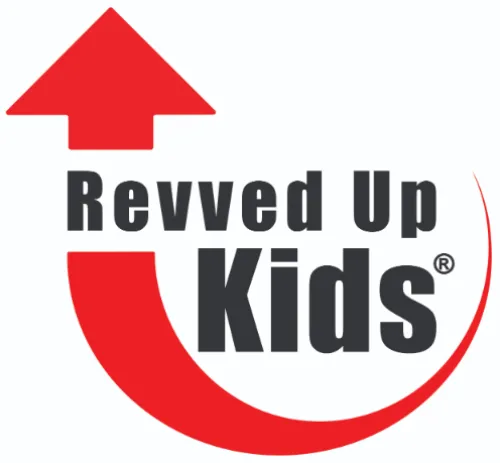This installment is the second part in our special series on grooming, the manipulative process used by sexual predators to enable and conceal abuse. In Installment 1, our goal was to familiarize you with the fundamentals of grooming. The next step in protecting the children you care about is recognizing the red flag behaviors that signal grooming.
A word of caution: Don't automatically assume that anyone exhibiting these behaviors is grooming a child or teen for sexual abuse. As discussed in our first installment, many grooming behaviors mirror those of decent, caring adults; that's why grooming can be so hard to spot. Bottom line: Grooming is a pattern of behavior; if you suspect it, be prepared to have difficult conversations with the person about their actions. Here are some typical grooming red flags:
Seems "just too good to be
true"
- Volunteers to rescue a single parent by, for example, stepping in and taking care of parental duties or offering to mentor the child.
- Always offering to "help out" by, for example, babysitting for free, transporting a child to activities, taking kids on overnight trips without a parent (all of which are also isolation strategies)
- Offers to give a child free lessons despite usually charging a fee
Works to build a special relationship with a specific child:
- Befriends the family but shows more interest in building a relationship with a specific child
- Shows age and gender preferences
- Shows favoritism toward a specific child by, for example singling out one child for special gifts, privileges or attention
- Spends a lot of time e-mailing, text messaging or calling a young person
Isolates the child:
- Finds reasons or excuses to be alone with a child (can include babysitting, transportation to activities, overnight trips, etc.)
- Insists on closed doors and an unobservable environment when spending time with children
- Regularly invites children to spend time alone at his or her home, enticing them with the latest video or computer games, toys, gadgets, treats, etc.
Perceived as the "fun adult"
- Prefers to spend free time with children rather than with other adults (or a teen who prefers time with younger children vs. other teens)
- Presents as a "quasi-peer" to young people
- Finds ways to secretly interact with teens or children by, for example, playing games, sharing drugs or alcohol, sharing sexually explicit materials (also relationship-building strategies)
- Treats a child as if they were older
- Undermines a parent's authority by allowing children, especially pre-teens, to get away with inappropriate behaviors or to do things a parent does not allow
Undermines the child's relationships with others:
- Regularly tries to damage a child's credibility with parents and/or caregivers
- Uses bribery/extortion to manipulate a child into keeping secrets from parents/caregivers
- Manipulates a child into believing that theirs is the single most important relationship in the child's life
Disregards personal
boundaries:
- Regularly offers to perform bedtime, bathing or other intimate tasks
- Frequently engages in accidental touching or touching games; seems overly touchy and affectionate
- Engages in increasingly invasive touching over time, violates a child's personal space
- Insists on being physical with a child, even if the child displays discomfort (uses guilt, teasing or belittling when a child or parent tries to set boundaries or limits)
- Doesn't respect a child's need for privacy, frequently enters a room where children are changing, going to the bathroom or bathing.
- Frequently points out sexual images or tells inappropriate stories or jokes around a child
Unfortunately, the reality of sexual abuse is that predators may assault a child before parents and caregivers are able to connect the dots. The U.S. Department of Justice National Sex Offender Public Website provides good information on red flags to look for and what to do if you suspect abuse. It's a tough and heartbreaking situation to find yourself in, but it's never too late to intervene. Doing so can reduce the severity and longevity of the abuse a child suffers, prevent the predator from targeting other victims, and most importantly, get the healing process underway.
Read Installment 3 of our Predators and Grooming series to learn action steps for protecting children.
Revved Up Kids has trained tens of thousands of children to recognize dangerous people, avoid unsafe situations, and escape attackers. Our training programs are available for boys and girls in K-12th grade, for parents, and for youth serving organizations. Contact us to discuss protecting the children you love from predators and violence, 678.526.3335.

